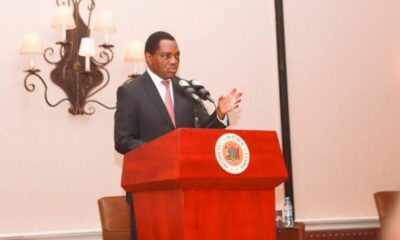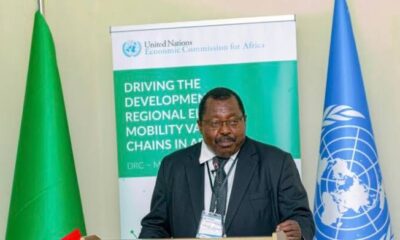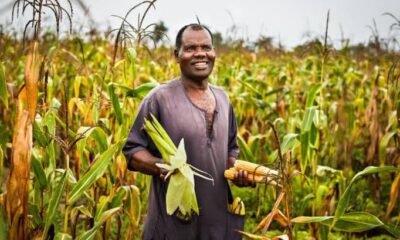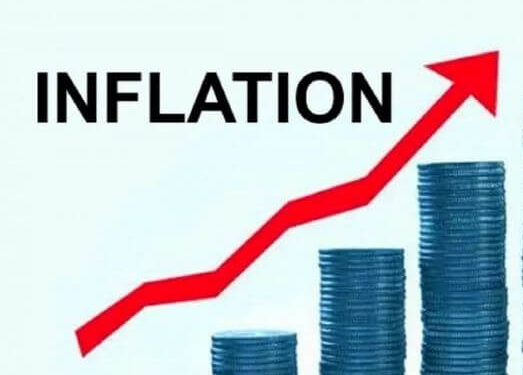VenturesNow
World Bank warns Zimbabwe needs predictable policy to support currency
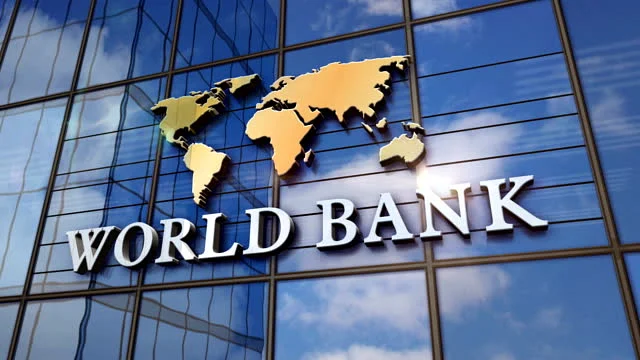
VenturesNow
Moroccan annual inflation rises to 0.8% in November
VenturesNow
Nigeria’s $42bn foreign reserves enough for 9 months’ imports— Central Bank
-
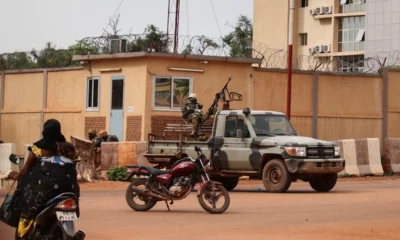
 Politics2 days ago
Politics2 days agoBurkina Faso releases 4 French spies after Moroccan intervention
-
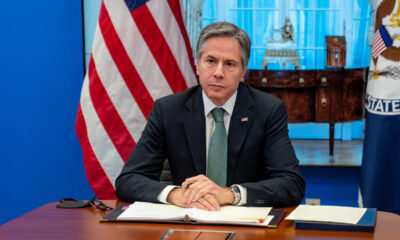
 Musings From Abroad2 days ago
Musings From Abroad2 days agoBlinken to reveal UN Sudan funding additions
-

 Metro2 days ago
Metro2 days agoZambian law association kicks over suspension of two members
-

 Metro22 hours ago
Metro22 hours agoNigerian activist remanded in prison for threatening President’s son






